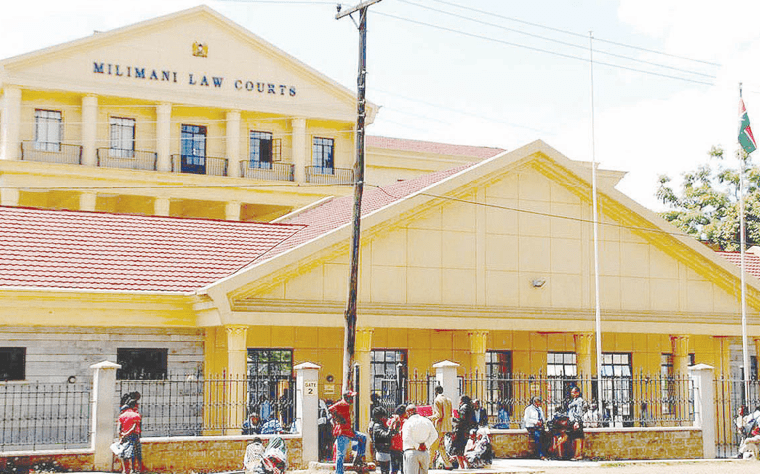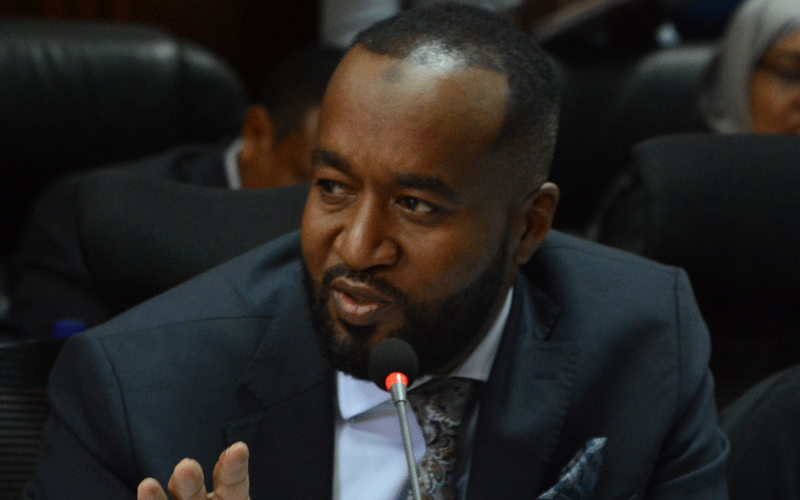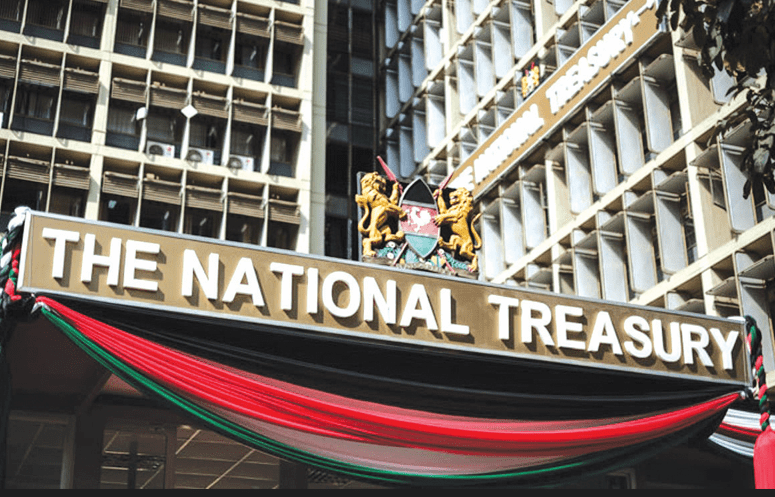Court of Appeal decision on KSL a judicial milestone

The recent ruling by the Court of Appeal dismantling the Kenya School of Law’s (KSL) long-standing monopoly over the Advocates Training Programme (ATP) is not merely a procedural adjudication, it is a jurisprudential watershed that reaffirms the primacy of legality, constitutionalism and fair regulatory frameworks in legal education.
This decision reasserts the Council of Legal Education’s (CLE) exclusive statutory mandate to regulate, license, and oversee the provision of legal education, thereby heralding the dawn of a more equitable and competitive legal training regime in Kenya.
For 18 years, the statutory stranglehold that KSL wielded over ATP training has precipitated systemic inefficiencies, institutional inertia, and a myopic centralisation of legal education.
The monopolistic structure not only engendered an untenable bottleneck in legal training but also violated the fundamental tenets of equity and non-discrimination enshrined in Article 27 of the Constitution.
By nullifying Section 16 of the Kenya School of Law Act, the Court of Appeal has unequivocally denounced a legislative framework that arbitrarily privileged a single institution to the detriment of broader access to legal professional qualification.
The court’s jurisprudential reasoning is instructive. The primacy of the Legal Education Act, as the lex specialis governing the regulation, standardization, and accreditation of legal education providers, takes precedence over the unconstitutional legislative overreach that sought to entrench KSL’s exclusivity.
The court’s finding that Section 16 of the Kenya School of Law Act is inconsistent with the Legal Education Act reinforces a cardinal legal principle—statutory enactments must conform to an overarching legislative framework and cannot usurp the mandates of duly constituted regulatory bodies.
The implications of this ruling are profound. The CLE must now act expeditiously to develop and operationalize a regulatory framework that facilitates the accreditation of multiple ATP providers.
The decentralization of legal training will not only ameliorate the current infrastructural and pedagogical constraints imposed by KSL’s overburdened system but will also foster an environment of academic excellence, competition, and progressive legal scholarship.
This paradigm shift will align Kenya’s legal education framework with global best practices, where multiple institutions—subject to rigorous accreditation standards—contribute to the professional formation of legal practitioners.
In light of this ruling, the onus is now on policymakers, the legal fraternity, and academic stakeholders to ensure a seamless transition into a liberalized ATP regime.
The CLE must discharge its statutory mandate with diligence, ensuring that new providers meet the requisite pedagogical and infrastructural thresholds.
Simultaneously, the judiciary’s reaffirmation of the constitutional principles of fairness, equality, and due process underscores the broader imperative of safeguarding the legal profession from institutional monopolization and exclusionary regulatory practices.
This ruling is not merely an academic discourse in legal interpretation; it is a clarion call for reform, a judicial pronouncement that entrenches legal education within the broader framework of constitutional fidelity and public interest.
The legal profession stands at the precipice of transformation—one that dismantles archaic monopolies in favour of a robust, diversified, and quality-driven system. The Court of Appeal has spoken, and the legal education sector must now embrace the inevitable evolution that this decision mandates.
The author is a lawyer, governance expert, political commentator, and former legislator.















